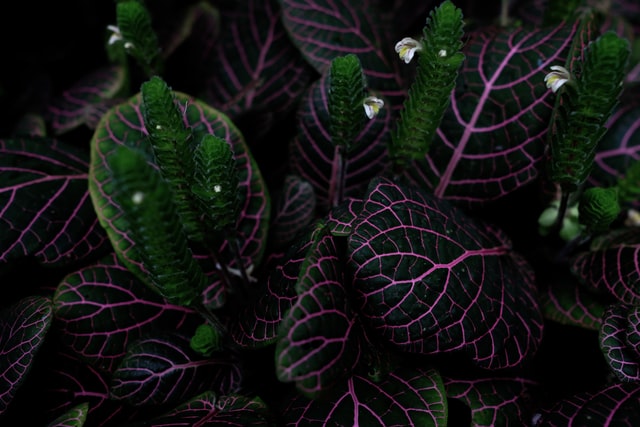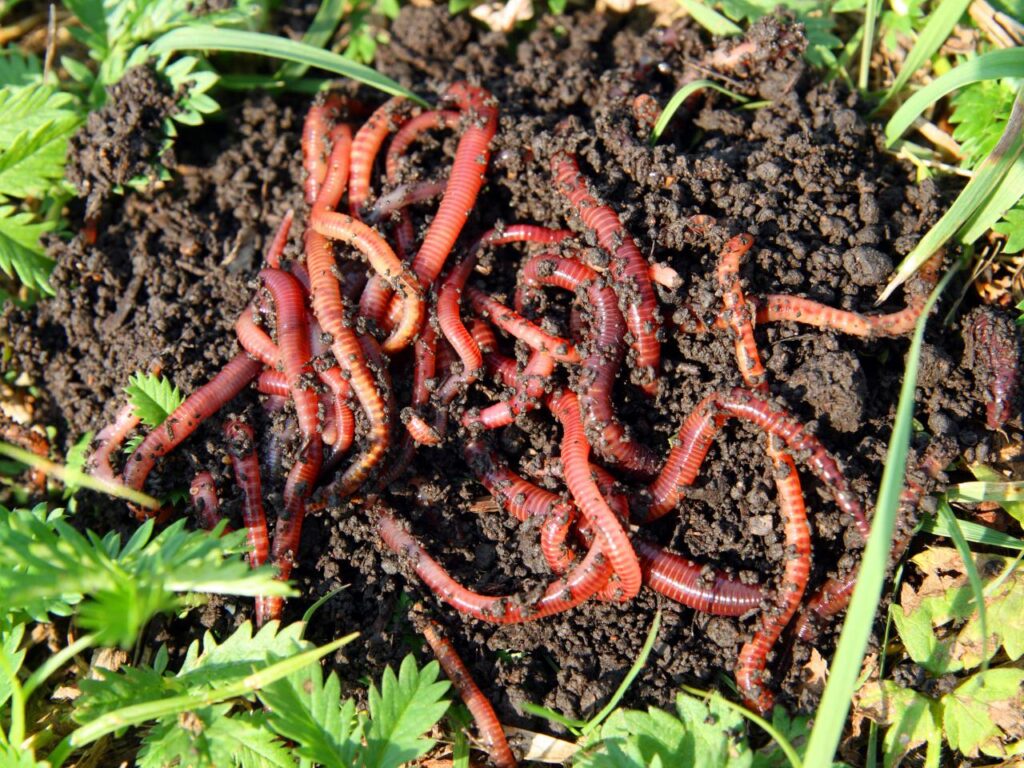In the 20th Century, agriculture focused on employing the use of synthetic pesticides and fertilizers to mass-produce food quickly and cheaply. But over time, this arsenal of poisons have harmed habitats, wildlife, and threatened human health. Now, in the 21st Century, we have seen greater awareness around farming and gardening practices with the emphasis on organic foods. Instead of launching an aggressive attack of garden warfare with manufactured toxins, organic gardening ensures the soil, environment, and all living organisms work in harmony to provide enriching and sustainable food growing techniques.

Organic gardening is a cycle. The soil feeds the plants, the plants feed the people, the leftover plant waste is used in the compost, and the plants provide the seed stock.
Soil health is fundamental to organic gardening because it is a living ecosystem consisting of organisms, minerals, and organic matter. These elements coexist to provide essential nutrients that ensure the growth and survival of plants. Looking after the soil is the organic gardener’s priority:
- Use earthworms to help loosen the soil and improve drainage.
- Early eradication of bad weeds like chickweed compete is necessary as they compete with plants to absorb nutrients. Identify and work with good weeds like nettle that contribute to the soil’s nutrient content.
- Tilling should only be considered when preparing a new garden area that is hard and compacted or when working in mulch and compost to the top layers. Tilling disrupts the soil structure, organisms and aids the loss of moisture in the soil.
- Effective water techniques helps maintain consistent moisture such as drip irrigation which soaks down to the roots and avoid wetting leaves.
Making your own compost is essential to organic gardening and typically consists of organic waste from the garden, such as leaves and grass clippings, and from the kitchen. However, as a general rule, avoid adding cooked food and meat to your outdoor compost as this can attract rats and flies. Including cow, horse, or sheep manure from healthy livestock as well as tiger worms and red worms will help breakdown and enrich the compost further.

When it comes to planting seeds, it is beneficial to learn about companion plants, which is a permaculture approach to creating a naturally balanced and symbiotic garden. Whether you are planting in an open garden, greenhouse, raised bed, or under a protective structure, it is important to consider plants that complement each other’s progress and the plants that adversely affect another’s growth.
Good examples of companion planting are having asparagus next to tomatoes as it contains asparagine know to repel tomato pests, and having chamomile near cabbage and onions to improve flavor and growth. Bad examples would be planting vegetables together that have too many pests in common such as tomatoes and broccoli.
There are many combinations of plants that work and don’t work so learning about the right companions will be worthwhile to ensure a healthy, varied, and attractive vegetable garden.
